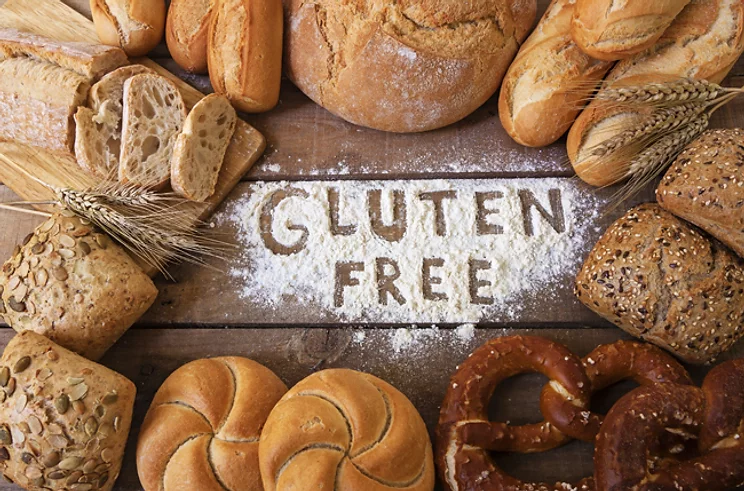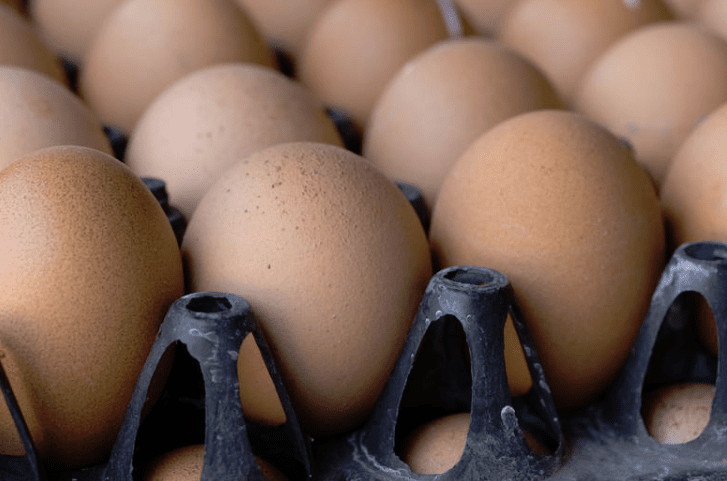Are you struggling with fatigue, increase in appetite, cravings that just cannot be satisfied or weight gain around your mid-section? It might be Insulin Resistance (IR) at play!
IR is a term that is thrown around a lot out there these days but more often than not people are using the term incorrectly! It is important that we understand what IR is and what we can do to prevent it because ultimately it will have an effect on your health and fertility.
What is Insulin Resistance (IR)?
IR is the term used to describe those people whose bodies do not respond to insulin effectively. Insulin is a hormone produced by the pancreas that helps our bodies regulate the sugar or glucose levels in our blood.
When we eat carbohydrates, our body breaks down food into its smallest components, glucose, a type of sugar. Carbohydrate containing foods include grains such as bread, rice and pasta, fruits and starchy vegetables (think potatoes, sweet potatoes, peas and corn), legumes & beans as well as those treat foods such as lollies, chocolate, chips and cakes plus so much more! After we eat these foods, the levels of glucose in our blood starts to rise. It is here, where insulin is released to help move glucose into all of our cells to provide energy and essentially give them life!
However, if you have IR, your cells resist the actions of the insulin. Instead of the sugar being in your cells, it sits in your blood. So, your body has to work harder to produce more insulin. In the end, you just feel lacklustre at best!
How can it affect your fertility?
IR can lead to fat storage and weight gain, especially around your tummy that you may find really hard to shift no matter how hard you try, which may make it harder to conceive.

Research has shown that weight gain can lead to changes in your ovulation and menstrual cycle meaning longer times to conception and a higher risk of miscarriage (Silvestris et al., 2018). Weight gain can also lead to a decreased response to fertility treatments such as IVF.
Ladies out there that have been diagnosed with PCOS, women with PCOS are at an increased risk of having IR, which puts you at risk of developing type 2 diabetes later in life. It is important that IR is tackled to manage weight gain and optimise your fertility too!
This is also why it is SUPER important to get a preconception blood test with your GP and rule out IR.
What can you do to help IR through diet and lifestyle changes?
Don’t worry I am not telling you to cut out carbohydrates altogether from your life, because who can live without pasta?! Eating a well-rounded diet and moving your body is really the key to keeping yourself healthy, especially when trying to conceive. The goal is to help slow down how much glucose is going into the bloodstream and even those levels out so you sail smoothly throughout the day!
Following a Mediterranean diet is an effective and easy way to help manage your blood glucose levels. In a nutshell, this means including:
- A wide array of fruits and non-starchy vegetables
- Wholegrains
- Legumes including lentils, beans and chickpeas
- Nuts and seeds, including everyone’s favourite peanut butter (try my cashew butter recipe here!)
- Lots of oily fish including tuna and salmon, and seafood
- Extra virgin olive oil
- Moderate amounts of lean red meat, pork and poultry (very limited on the processed meats like ham and salami)
- Moderate amounts of fat dairy products such as milk, yoghurt and cheese (read all about why dairy foods and calcium are so important for women’s health here!)
- Reduced alcohol
Another really important dietary modification you can make to help beat IR is to evenly spread your carbohydrate intake across the day. Try spreading out the carbohydrates for each of your meals across the day. For example, porridge with oats at breakfast, wholemeal bread sandwich at lunch and some brown rice at dinner.
To manage IR it is also important to consider the glycaemic index (GI) of foods. I have previously discussed the importance of choosing lower GI carbohydrates (read more here), to help your body keep up with the glucose entering your cells. Lower GI carbohydrates are also usually the healthier types of carbohydrates packed with fibre that helps smooth things out in the bowel region and keep you fuller and fuelled for longer!
My Top 5 Tips to Beating IR!
- Eat a balanced diet, following the Mediterranean style diet, may help you!
- Spread out your carbohydrates across the day, try spreading out smaller portions of carbohydrates across your 3 main meals.
- Choose lower GI carbohydrates, including basmati or brown rice, wholemeal pasta, grainy bread, fresh fruit and non-starchy vegetables.
- Try to get 30 minutes of exercise every day. Whether that’s going to the gym and getting some resistance (or weight-based) activity in or just going for a brisk walk around the block during your lunch break, it helps to boost your insulin sensitivity and move glucose out of your blood and into your muscles!
- Get enough sleep each night – not getting enough sleep each night will increase your insulin production the next day, getting at least the recommended 8 hours each night is important!
Have you been recently diagnosed with IR? Do you have PCOS and are worried about IR? Book in with us to talk about all things nutrition for your circumstances and develop a plan that is just right for you!
Co-written by Maddison Breen, Masters of Nutrition and Dietetics student from the University of Sydney.







